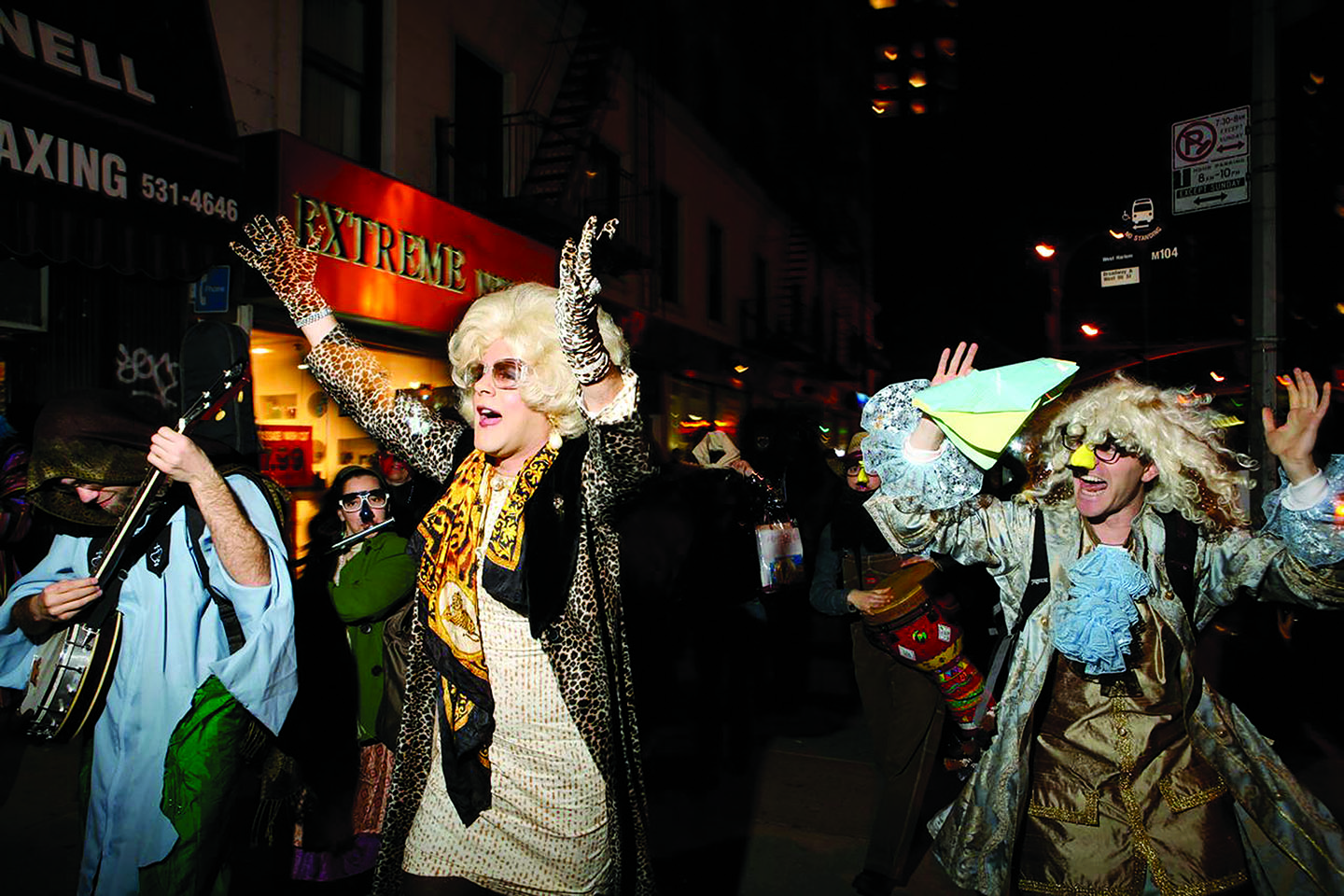
“My grandfather led his congregation into the gas chamber,” Rabbi Amichai Lau-Lavie says in “Sabbath Queen,” a new documentary about Lau-Lavie’s life. “A rabbi doesn’t leave his congregation.”
Rabbi Moshe Chaim Lau died with his people in Treblinka. In the film, Lau says he would see a picture of his grandfather and when he thought of this image, he thought of God. Lau’s father, Naphtali Lau-Lavie, and his uncle, Rabbi Yisrael Meir Lau, survived the Holocaust and were in Buchenwald when American troops liberated the camp. In the documentary he says his father may have been a spy, while his uncle was Israel’s Chief Ashkenazi Rabbi from 1993 to 2003.
The son of a family of Orthodox rabbis was torn between accepting his ancestral destiny or becoming a drag queen rebel, Lau-Lavie, a gay man who was outed by an Israeli newspaper in his early 20s, says that his Torah portion included the verse from Leviticus that if a man lay with a man as he would with a woman, it would merit the death penalty.
He moved to New York and co-founded Lab/Shul, described as an “artist-driven, pop-up experimental congregation that was “God optional.” It was there he developed his bombastic drag alter-ego of Hadassah Gross, a Hungarian survivor of Auschwitz. He originally became Hadassah only on Purim, and then more often.
What inspired the character? “The answer is Purim and the answer is vodka,” Lau-Lavie told The Journal. “She came down with a name and an accent and story that kept evolving. Call it creativity or mystical channeling. I don’t know. I would watch after and be amazed by the wisdom of what she said.”
Although his father doubted Lau-Lavie would become a rabbi, to he surprised of many, he decided to learn at the Jewish Theological Seminary (JTS) and become ordained.
He chose JTS because “I really respect and still hold onto the Conservative approach to halacha and it is a positive historical approach,” he told The Journal. “Halacha has an important voice in shaping our lives. I think halacha must be continued and it must be evolved. The 2006 choice of the Conservative movement to ordain gay/lesbian students was done after a decade of very careful consideration and back and forth debates. I respected both the process and the decision. The way it was done convinced me it was the movement I could get behind, since I was no longer fully Orthodox but don’t believe halacha needs to be put aside for the sake of modernity.”
Lau-Lavie said he had a great working relationship with director Sandi DuBowski. There were times he wished the cameras were turned off, such as his father’s funeral or when his partner died. A big conflict was his desire to break the law and officiate at an intermarriage of two men who are Buddhist leaders, with one being Jewish. Doing so meant he would resign from the Conservative Rabbinical Assembly, as Conservative rabbis cannot perform intermarriages.
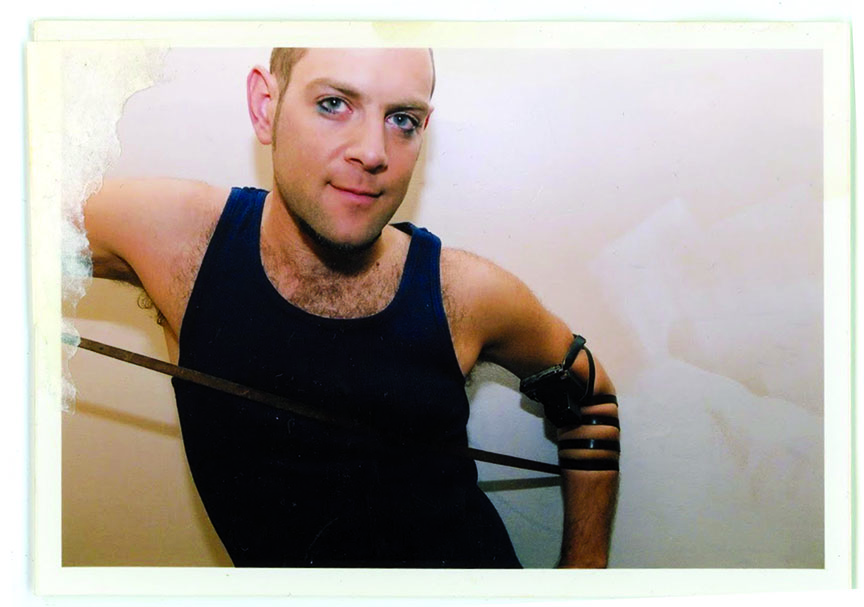
“Sabbath Queen” also shows the surprise of his parents at his decision to donate his sperm and not only become the father of three children, but be an active presence in their lives. Being a father, he says in the film, made him, in an odd way almost a member of the club.
While he hasn’t done an exact genealogical chart, he said he believes he is part of a dynasty that has produced 38 generations of Orthodox rabbis. His brother, Rabbi Benny Lau, appears in the film and is critical, saying his brother is “playing a game.” But he shows up to his brother’s ordination at JTS.
“My brother was very impacted by knowing me personally and having an honest conversation,” Lau-Lavie said. “This was many years ago. Sandi’s film [2001’s “Trembling Before G-d,” a documentary about gay Orthodox Jews grappling with their orientation] was very helpful because you’re seeing the face of the human being in front of you and you’re seeing a human being who wants to keep a relationship with God and was born this way. I think despite negative propaganda surrounding LGBTQ stuff, people who see each other face to face as humans, B’Tselem Elokim, see each other. My brother has done an enormous amount of work working with families. He has families in the Haredi community come to him for advice on how not to lose their children, even if they disagree with their choices. I think his role is enormous. I’m very hopeful this film can help more people see each other’s holiness and humanity and not walk away from each other. The rates of suicide, the rates of depression, the pikuach nefesh, the danger to one’s life when not seen as holy and human is high. Anything we can do to save lives and preserve families, we must.”
DuBowski said he is enthused that Benny Lau will attend the Israeli premiere in a few weeks and will be part of Q&As on stage. “Even though they disagree ideologically and religiously, they disagree with such love and respect,” DuBowski said.
DuBowski, who shot the film over 21 years, said he had 1,800 hours of original material and 1,100 hours of archival material to sift through for a movie with a running time of 105 minutes.
“This is such a delicate story,” DuBowski said. “The Jewish community is in such pain and trauma right now. We had to get it right. There was a lot of pressure on me to do it in a way that was honest, artful and careful.”
“Sabbath Queen” is a powerful and thought-provoking look at a leader under a lot of pressure making the decisions he thinks are best. It contains some hard truths; namely that for many, synagogue services can be boring. It raises questions about boundaries, laws, who is or is not a Jew, and what risks are involved in action or inaction.
“Sabbath Queen” has a lot of heart, a lot of soul, some humor, and asks many good questions in a time when we are all searching for answers.






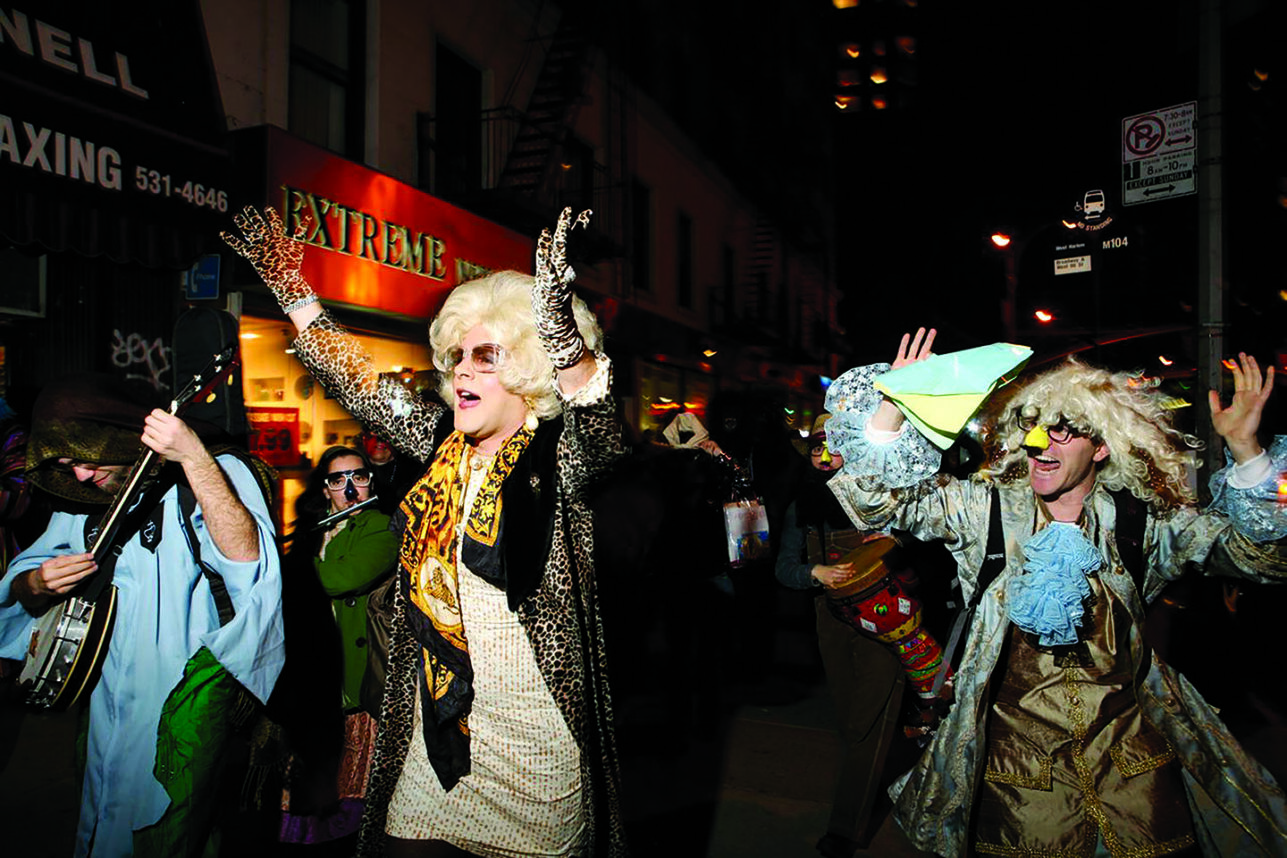
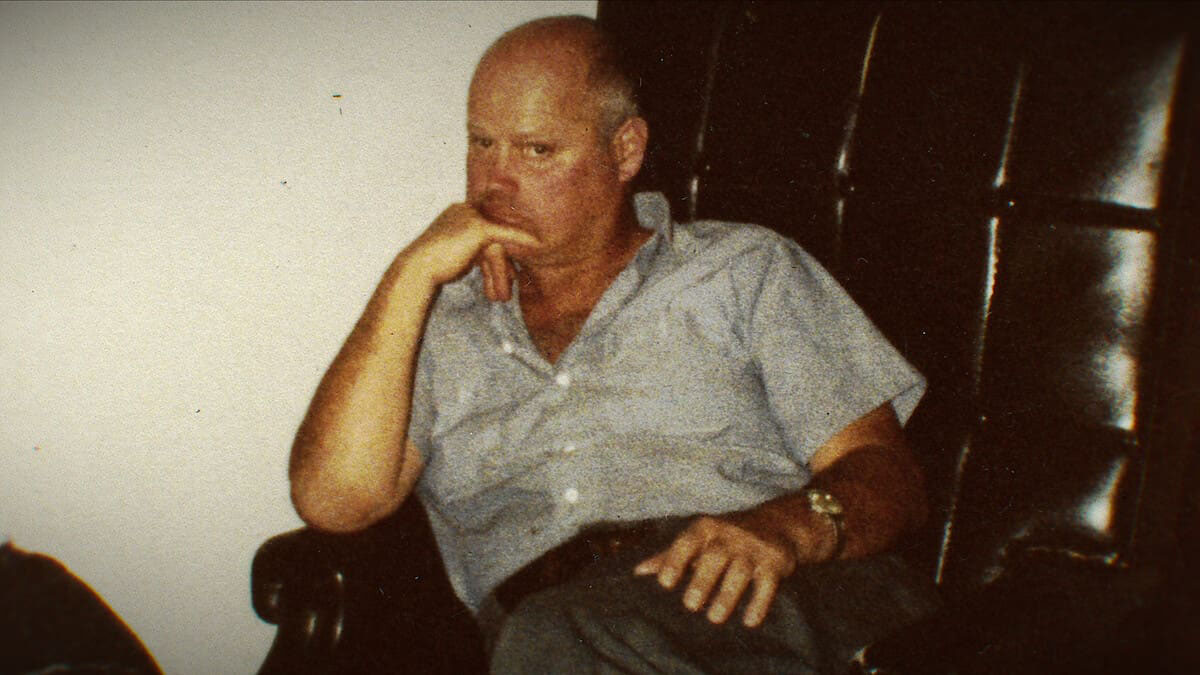
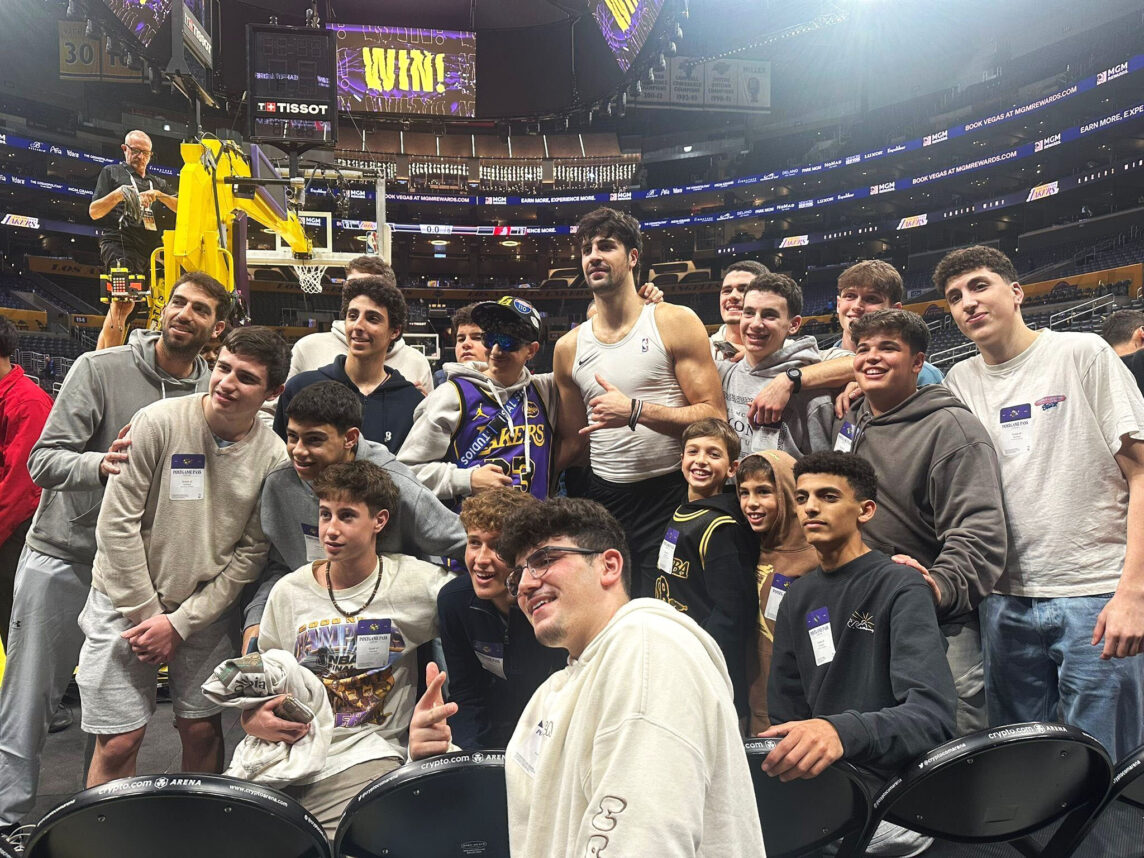
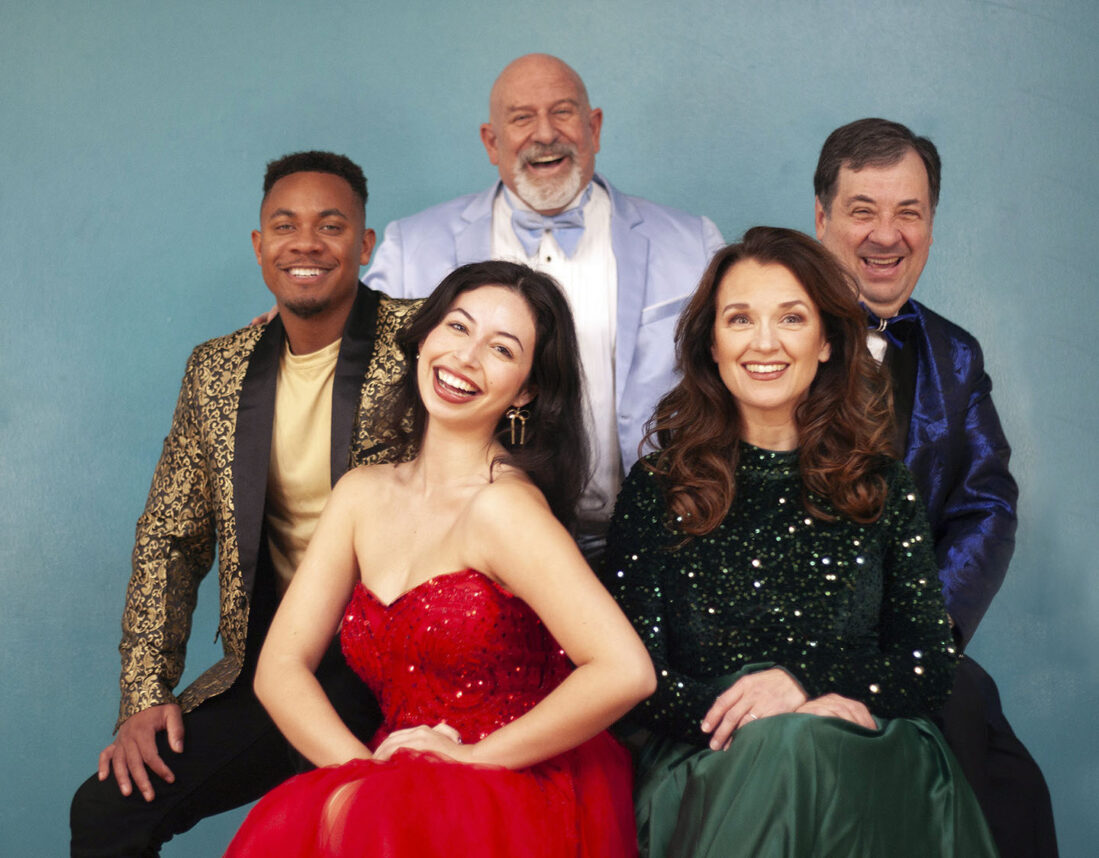
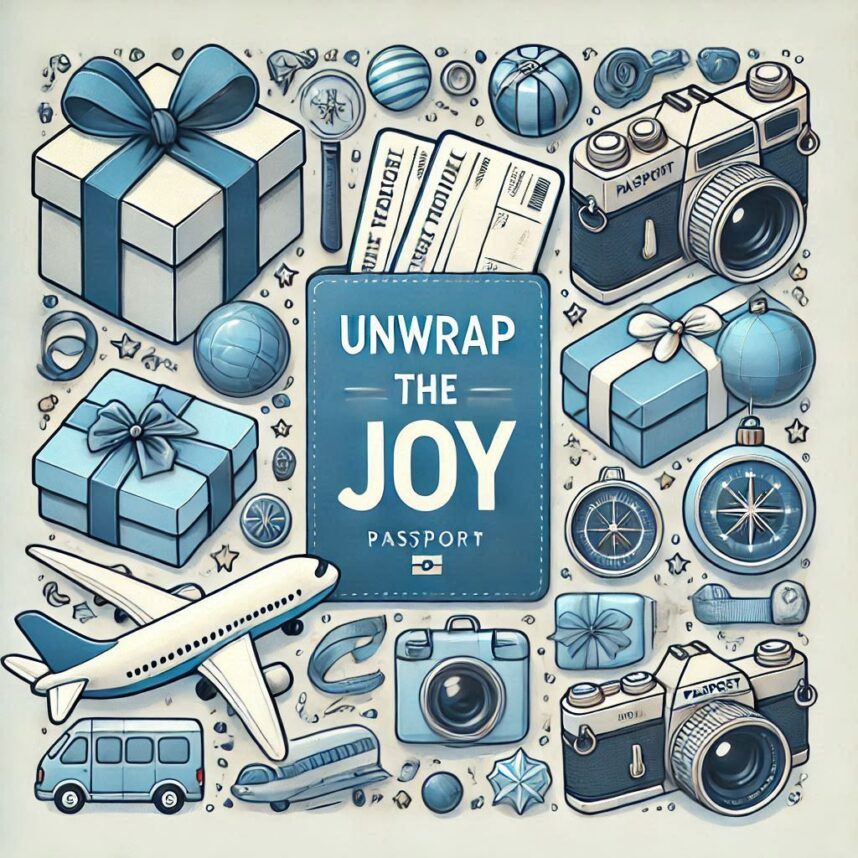
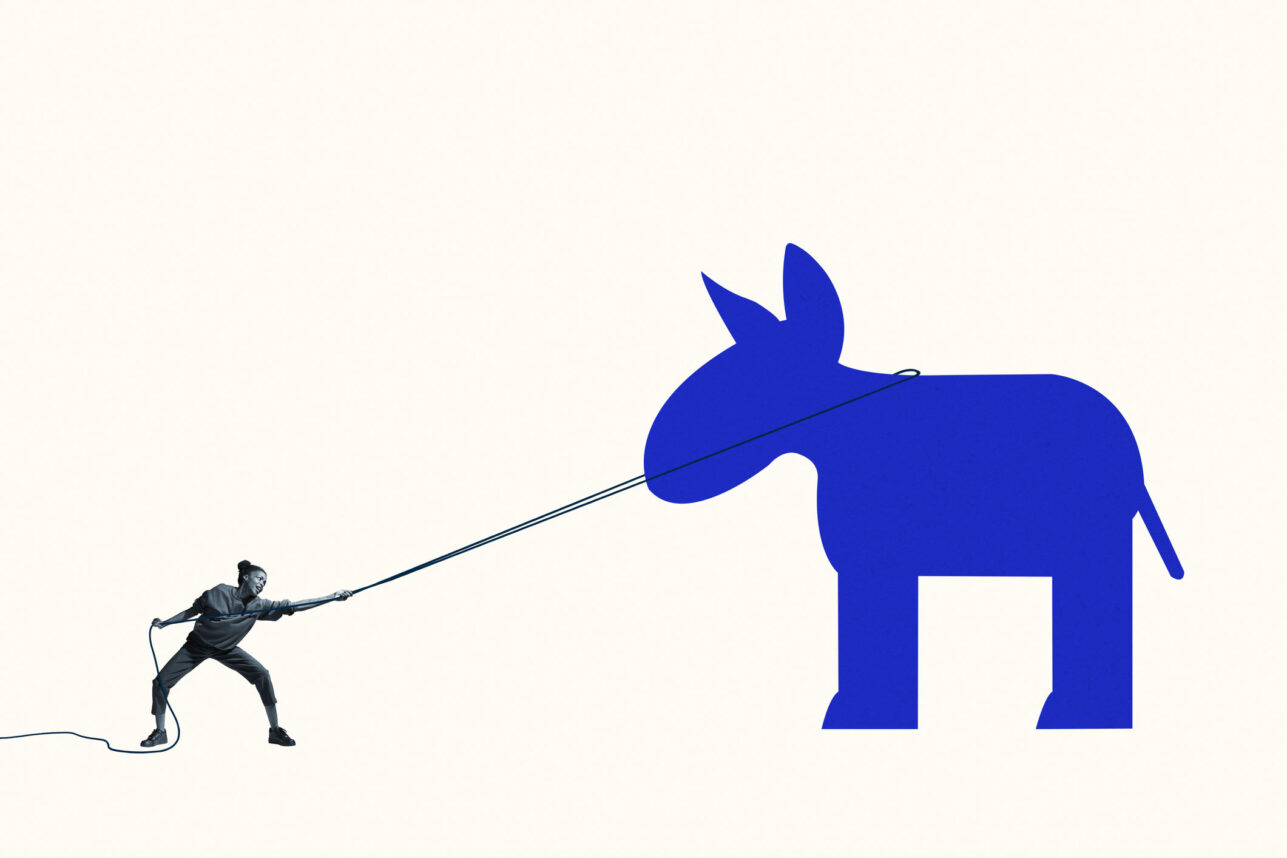

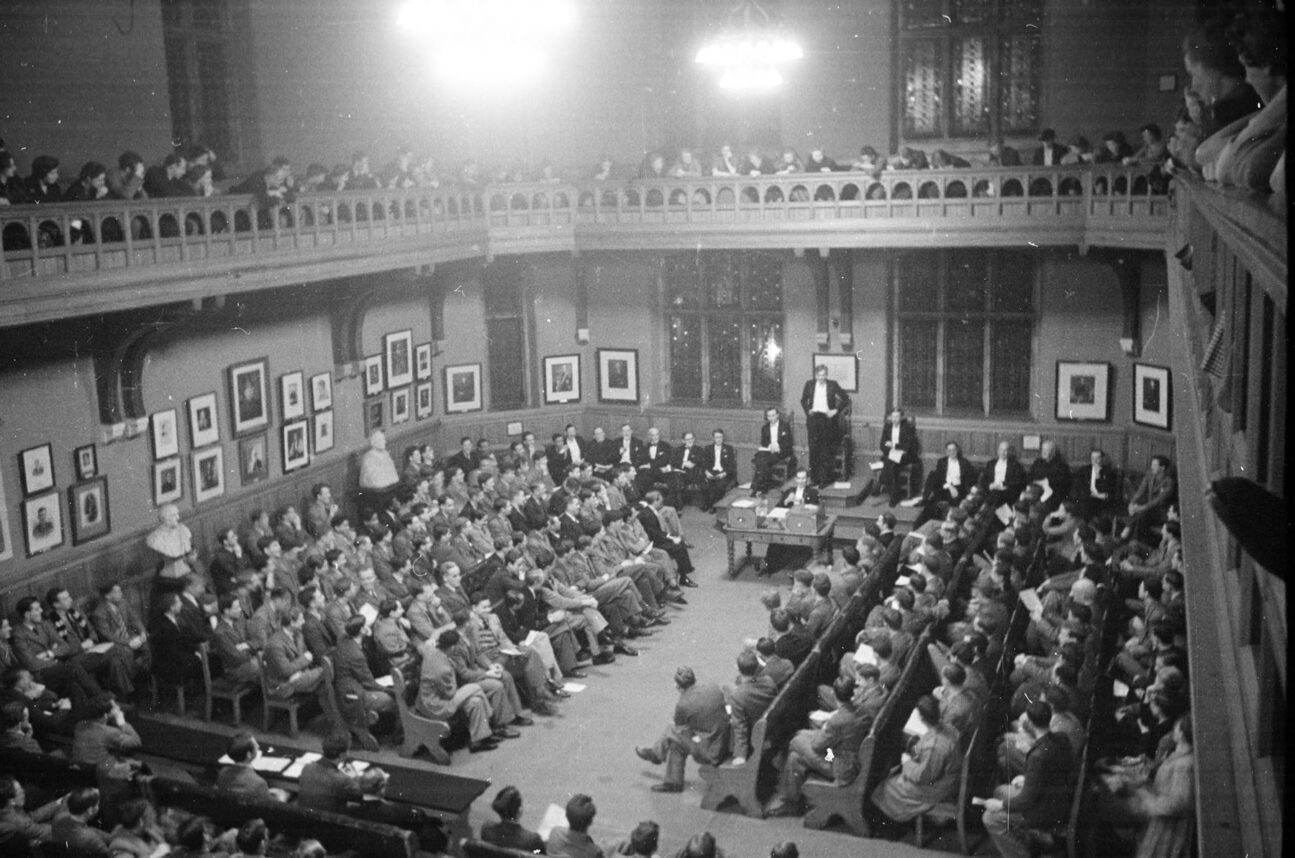
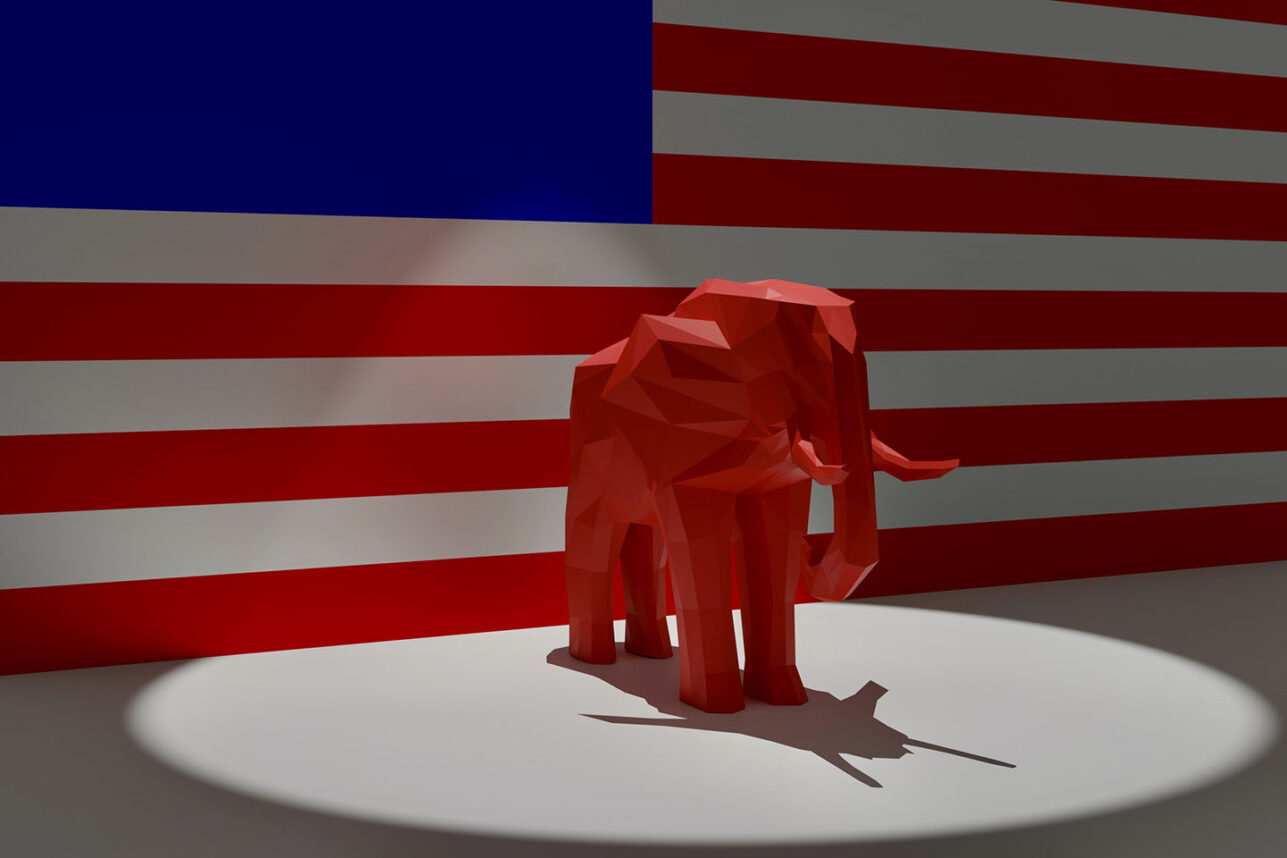







 More news and opinions than at a Shabbat dinner, right in your inbox.
More news and opinions than at a Shabbat dinner, right in your inbox.